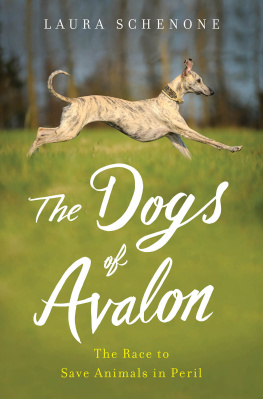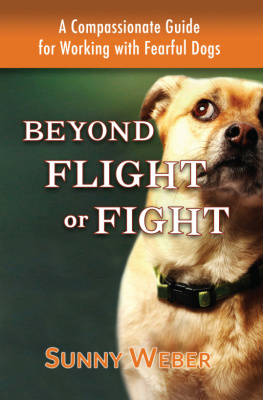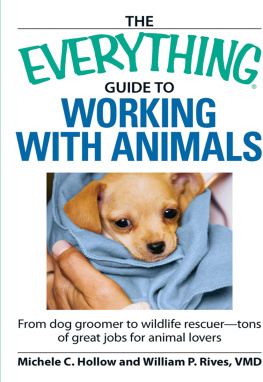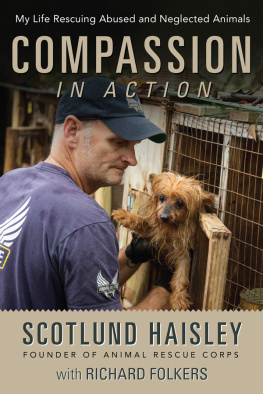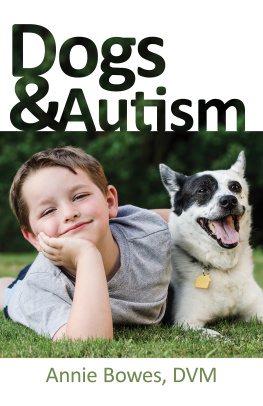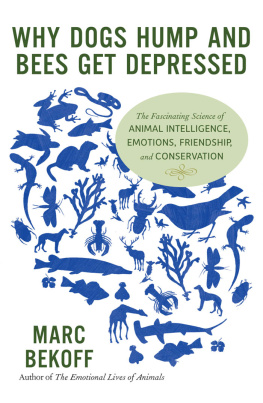
MORE PRAISE FOR THE DOGS OF AVALON
A self-confessed non-animal lover when her journey begins, Schenone writes with sensitivity and genuine curiosity about the world of greyhoundsinspired by her own beloved amber-eyed rescue dog, Lily. An extraordinary story, told with compassion and grace.
Christina Baker Kline, New York Times best-selling author of Orphan Train and A Piece of the World
If you have ever wondered what motivates those who risk their lives to save animals and why their work matters, this book answers those questions. It may even convince you that we become greater human beings when we show compassion to all the earths creatures. An incredible journey chronicled with journalistic integrity that will resonate with anyone who has ever loved an animal.
Allen and Linda Anderson, founders of Angel Animals Network and New York Times best-selling authors of A Dog Named Leaf
In Dogs of Avalon , author Laura Schenone discovers the unique world and dedicated personalities of international greyhound rescues and adoptions. And its that passionate world that allows Laura to warmly and philosophically explore the bigger world of animals in peril. A wonderful book!
Steven Wolf, author of Comets Tale
ALSO BY LAURA SCHENONE
The Lost Ravioli Recipes of Hoboken
A Thousand Years Over a Hot Stove
The Dogs
of
Avalon
The Race to Save Animals in Peril
LAURA SCHENONE

Copyright 2017 by Laura Schenone
All rights reserved
First Edition
For information about permission to reproduce selections from this book, write to Permissions, W. W. Norton & Company, Inc.,
500 Fifth Avenue, New York, NY 10110
For information about special discounts for bulk purchases, please contact
W. W. Norton Special Sales at specialsales@wwnorton.com or 800-233-4830
Book design by Dana Sloan
Production manager: Anna Oler
JACKET DESIGN BY PLOY SRIPANT
JACKET PHOTOGRAPH BY GREYHOUNDART / GETTY IMAGES HAND-LETTERING BY JOEL HOLLAND
ISBN 978-0-393-07358-4
ISBN 978-0-393-24878-4 (e-book)
W. W. Norton & Company, Inc.
500 Fifth Avenue, New York, N.Y. 10110
www.wwnorton.com
W. W. Norton & Company Ltd.
15 Carlisle Street, London W1D 3BS
For my mother, Marcia Schenone,
and my friend, Elizabeth Rush Marsden
CONTENTS
The story I set out to write includes many events that occurred decades prior to the time when they were recounted to me. My reconstruction of dialogue, where it occurs in the book, is based on interviews with individuals having knowledge of these conversations; I also referred to published articles reporting on the events concerned. Dialogue and facts from Marion Fitzgibbons childhood are based on her recollections and my own research into the history of postWorld War II Ireland. Dialogue and facts for Beverly Wolfs early life are based on her memories, supplemented by press reports. No dialogue was invented in service of the plot.
A flash of fur and bones. She flung the car door open and, without a moments hesitation, was running across the fields, dressed in evening clothes and high-heeled shoes. Theyd been on their way out to dinner with friendsbut there was no choice, no choice at all but for her to run across the field, around the farmhouse, past bales of hay stacked like a wall. Perhaps she paused for a moment to call out to some farmers wife standing there, Did you see the dog? Did you see the dog? (Of course she hadnt.) She ran across a cattle guard, and into tall grass. Everything else disappeared: the friends waiting at the restaurant, the husband aggravated in the car... Everything disappeared except for the animal in the field, running in the half-light. It was as if she and the creature were somehow onethe chased and the chaser. The only thing that existed was the sound of her own panting and the pace of her legs in sync with those of the animal.
Laterhow much later, she couldnt sayshe returned to the car with the mutt in her arms. And what a filthy, ragged one it was, a cowering mess of bones. There was always a leash and a blanket in the back seat. Her husband gave a loud sigh, but otherwise was silent as he turned the car around and headed back home.
Years later, Marion told me this story early on so that I would understand how it workedthat it was like a big wave that comes and carries you off, then youre gone.
M arion stood in the hallway in a hospital gown, phone to her ear, trying to ignore the other cancer patients waiting in line behind her. The phone constantly rang for Marion, and by the time shed gathered herself up from the bed and hauled her IV down the hall, a queue would already be forming. Cancer was hard enough without standing in line to make a phone call. The other patients had long ago lost patience with her.
This was the early 1990s, when Ireland was a poor nation; some people were fond of calling it the last Third World country of western Europe. They had a point, when you looked at the hospitals. Marions room had five beds in it, and more than a dozen patients shared a single toilet. There was one phone for the entire floor.
Marion Fitzgibbon! Its for you... again!
It seemed like she got a dozen calls a day. Finally, someone asked, Why in the world are you on the phone all day?
Others were listening now, waiting for her to explain herself.
Animals, she said. And then, Animal welfare as if this would clarify her answer.
Dumbfounded silence.
You mean to say that here you are really sick with cancer and youre standing there talking about animals all day? Are you mad?
This time, the voice on the other end of the line belonged to Marion Webb, Yes, there were two MarionsFitzgibbon, the one with cancer, and Webb, the healthy one. They both worked at the Irish Society for Prevention of Cruelty to Animals (the ISPCA) in Dublin, though worked was not quite the right word because it suggested a salary, and of course there was none; everyone was a volunteer. Webb was the chairperson in charge. Fitzgibbon was the vice chair, her number two.
Webb politely asked about Marions health, then seamlessly shifted to business.
Ive got news.
Marion turned her head toward the hospital wall to shut out the glaring faces behind her. She wanted to concentrate on the voice coming through the receiver.
My husband is being transferred to Scotland, Webb announced, and paused a moment to let it sink in. The company is quite eager to get us there quickly. Theyre even selling the house for us.
A gurney rolled by. Heart monitors beeped. The nurses station hummed along unperturbed.
When? Marion asked.
Three weeks.
Webbs British accent was perfect for this sort of stoic we-must-carry-on message.
Look, I know youre sick right now. But youre going to have to take over. Youre the vice chair. Its your time.
Silence.
I dont know... The doctor wants me to rest at home for six weeks. Then theyre sending me to the radiation hospital in Dublin.
She felt like she was halfway dead. (In a day or two shed be diagnosed with an MRSA infection in the wound.)
Yes, and then it will be over... I know. Its very hard. A very hard time, indeed. But the surgery went well. Youre going to get better, and Ill make sure theres help for you. You wont have to do it all alone.
There it was, the inevitable. Even as Marion stood leaning against the wall for support, with her armpit feeling like it had been hacked with a machete. Even with a lump and twenty-four lymph nodes gone... She knew shed do it. She would because that was what she always did.
Next page
